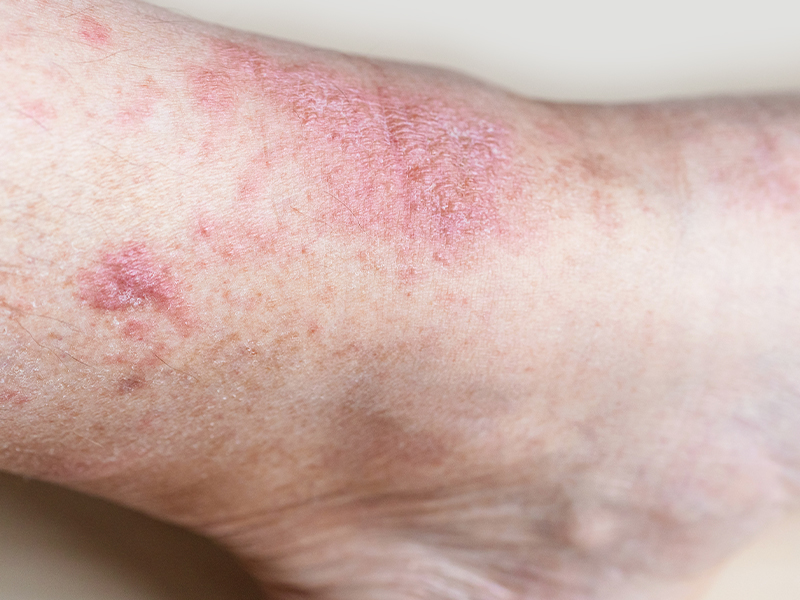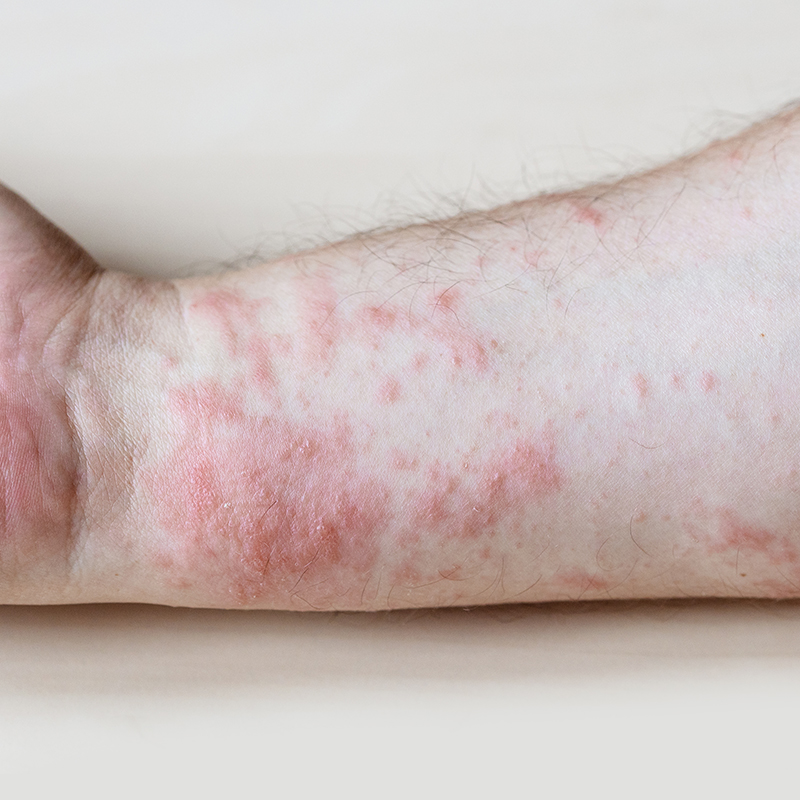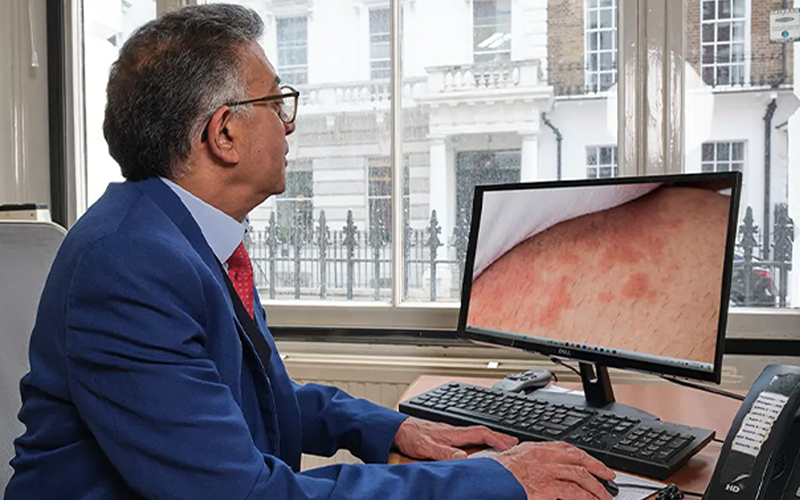Our Location
The London Dermatology Centre is located at 69 Wimpole Street, London, W1G 8AS, right in the heart of the prestigious Harley Street medical district. Our central London clinic is within easy walking distance of Oxford Circus, Bond Street, and Regent’s Park Underground stations, making it convenient to reach from across the city.
We provide a calm, discreet, and modern clinical environment where your privacy and comfort come first. Whether you’re visiting for a one-off consultation or ongoing care, you can expect a professional and welcoming experience throughout.
If you're arriving by car, metered parking and public car parks are available nearby. Our reception team is happy to assist if you need help with directions—simply call us on 020 7467 3720.







